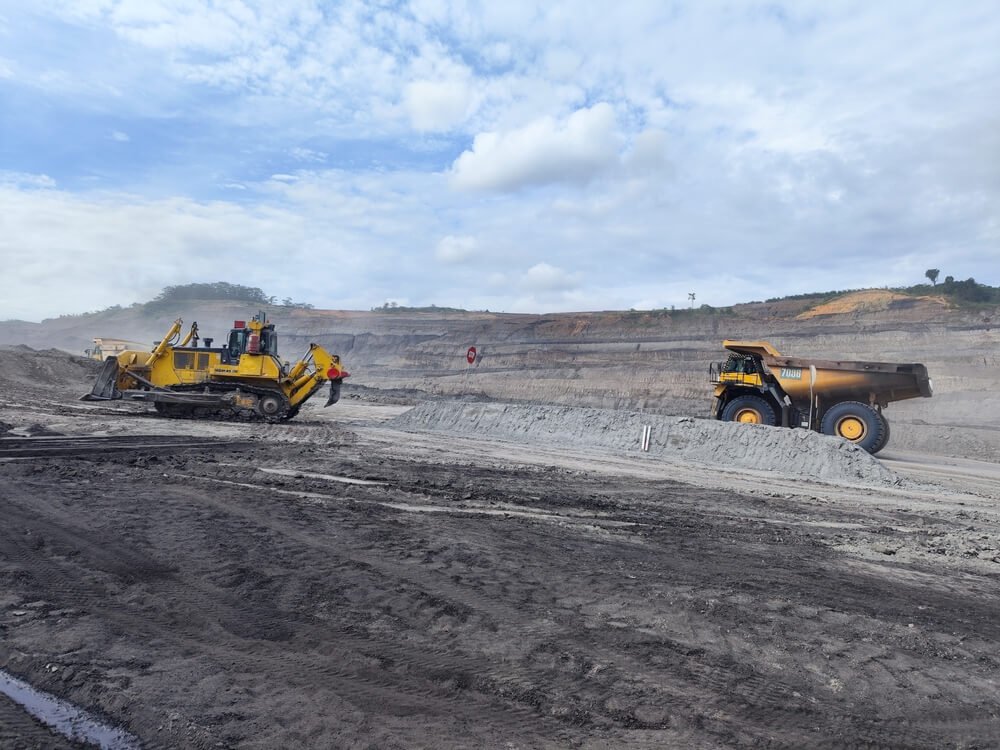Lithium Market Slump Forces Yabao to Cut Production and Halt Expansion in Australia

Yabao, the world's largest lithium producer, has announced the suspension of part of its processing capacity at the Kemerton lithium plant in Australia, while also putting a hold on plans to expand its lithium mining operations in the country. This decision comes amid a significant drop in lithium prices, driven by an imbalance between supply and demand. As of early August, the price of battery-grade lithium carbonate has plummeted below 80,000 yuan per ton, marking its lowest point in nearly three years. The once-booming lithium market has now entered a period of downturn, with major lithium producers reporting less-than-optimistic performance in the first half of this year. Industry experts predict that global lithium prices may continue to fluctuate downward in the near term, with pressure on the supply side likely to intensify.
Yabao's latest announcement reflects the ongoing challenges in the global lithium market, particularly in the lithium value chain. The company has initiated a new round of cost and operational restructuring, including the immediate shutdown of a production line at the Kemerton lithium processing plant. Another production line at the facility has been placed under repair and maintenance, and plans to add a new production line have been canceled. The Kemerton plant is a key site for Yabao's lithium hydroxide production in Australia. The company stated that the reduction in capacity is intended to "preserve resource advantages" and "maintain cost competitiveness and production efficiency."
In conjunction with the shutdown announcement, Yabao reported its second-quarter results, revealing a net revenue of approximately $1.4 billion but a net loss of $188 million. This represents a 40% contraction in operating income compared to the same period last year. The company also anticipates recognizing special item expense charges ranging from $900 million to $1.1 billion in its third-quarter results due to the plant closure.
To address the downturn, Yabao has proposed several cost-cutting measures, including layoffs and organizational restructuring. CEO Kent Masters emphasized the need to adjust production pace in response to market dynamics.
The decline in global electric vehicle (EV) demand, coupled with increasing lithium supply, has contributed to a sharp drop in lithium prices over the past two years. The price of lithium carbonate has fallen from a historic high of over 500,000 yuan per ton in November 2022 to below 80,000 yuan per ton currently. This price drop has significantly impacted the performance of major lithium producers.
In 2023, Yabao's revenue reached an all-time high, with a 31% year-on-year increase. However, quarterly data shows that sales revenue from lithium products began declining in the fourth quarter of last year. The company attributed this decline to lower lithium prices. In the first quarter of this year, Yabao reported only a modest net profit increase of $2 million.
Other lithium producers have also faced challenges. For instance, Huayou Cobalt reported a decline in net profit for the first half of the year, attributing it to falling prices for lithium, nickel, and other key metals. Ganfeng Lithium also disclosed that, despite increased product shipments, its operating results fell sharply due to the downturn in the lithium industry cycle and declining product prices.
While the short-term outlook for global lithium prices remains bleak, with expectations of further declines due to slow demand growth and new production capacity coming online, the long-term prospects for the lithium market remain positive. Despite current market pressures, the demand for lithium in energy storage batteries and EV power batteries is expected to continue growing.
Market research firm Wood Mackenzie notes that factors beyond market prices, such as asset composition and political pressures, will influence lithium production and supply. In the face of a downward market cycle, large mining companies with multiple assets may opt to cut production to maximize long-term asset value, while companies with fewer assets will need to explore ways to reduce expenses.
Overall, the global lithium production is expected to increase in the coming years, with significant growth anticipated from new lithium mines in Africa, including Zimbabwe, Mali, and Ethiopia. This expansion could position Africa as a major growth region for lithium production.





